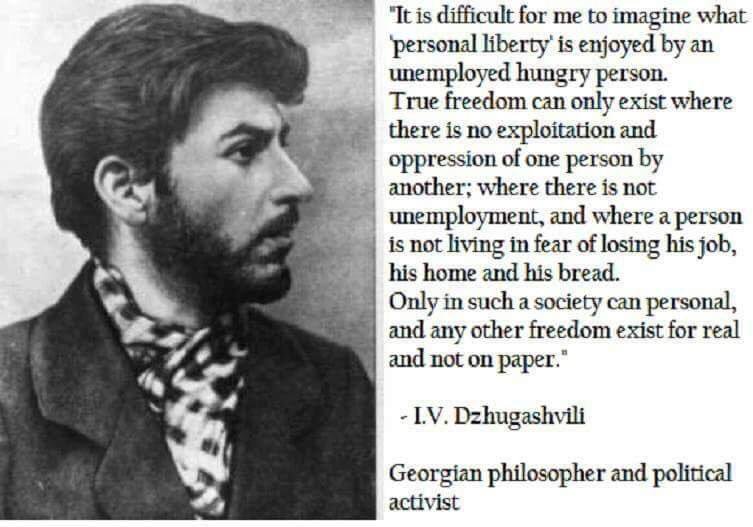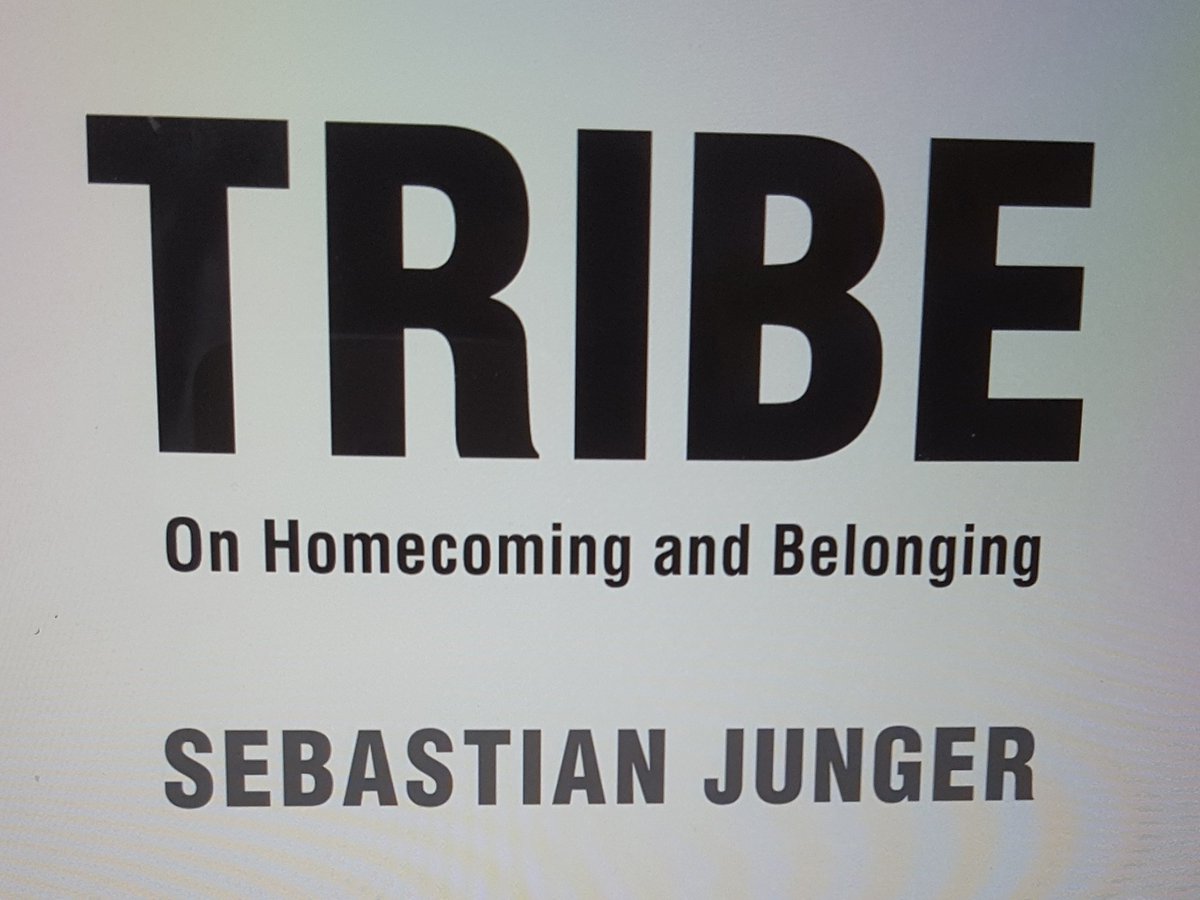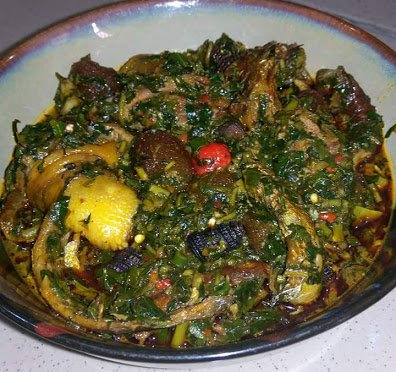Nahiñ maalūm 'Zaryūn' ab tumhārī umr kyā hogī
vo kin ḳhawāboñ se jaane aāshnā nā-aāshnā hogī
tumhāre dil ke is duniyā se kaise silsile hoñge
tumheñ kaise gumaāñ hoñge tumheñ kaise gile hoñge
(2/n)
na jaane kaun doshiza tumhārī zindagī hogī
na jaane us kī kyā bāyastagī shāistagī hogī
use tum phone karte aur ḳhat likhte rahe hoge
na jaane tum ne kitnī kam ġhalat urdu likhī hogī
(3/n)
ye sinf-e-nasr ham nā-bāliġhoñ ke fan kā hissa hai
vo hañstī ho to shāyad tum na reh paate ho hāaloñ mieñ
garhā nanhā sā par jaatā ho shāyad us ke gāaloñ mieñ
(4/n)
vo doshiza bhī shāyad dāastānoñ kī ho dil-dāda
use maalūm hogā 'Zāl' thā 'Sohrāb' kā daadā
Tahamtan yaanī 'Rustam' thā girāmī 'Sām' kā vāris
girāmī 'Sām' thā sulb-e-nar-e-'Mānī' kā ḳhush-zāda
(5/n)
vo nauhoñ ke adab kā tarz to pehchāntī hogī
(6/n)
hadaf hoñge tumhārā kaun tum kis ke hadaf hoge
na jaane waqt kī paikār meiñ tum kis taraf hoge
hai rann ye zindagī ik rann jo barpā lamha lamha hai
hamieñ is rann meiñ kuchh bhī ho kisī jānib to honā hai
(7/n)
'Hasan' naamī hamāre ghar meiñ ik 'Suqrāt' guzrā hai
vo apnī nafi se isbāt tak ma'ashar ke puhuñchā hai
ki ḳhoon-e-rāegaāñ ke amr meiñ parnā nahīñ ham ko
vo sood-e-hāl se yaksar ziyaāñ-kārāna guzrā hai
(8/n)
so foran bint-e-ash'as kā pilāyā pī gayā hogā
vo ik lamhay ke andar sarmadiyyat jee gayā hogā
(9/n)
kuch aisā hai ye maiñ jo hooñ ye maiñ apne sivā hooñ ''maiñ''
so apne aap meiñ shāyad nahīñ vaaqe huā hooñ maiñ
jo honay meiñ ho vo har lamha apnā ġhair hotā hai
ki honay ko to honay se ajab kuch bair hotā hai
(10/n)
radīf o qāfiya kyā haiñ shikast-e-nā-ravā kyā hai
shikast-e-nā-ravā ne mujh ko paara paara kar daalā
anā ko merī be-andāza-tar be-chāara kar daalā
(11/n)








